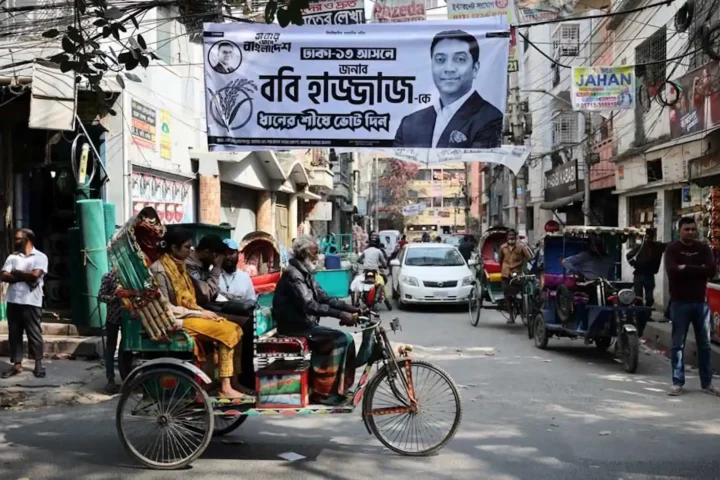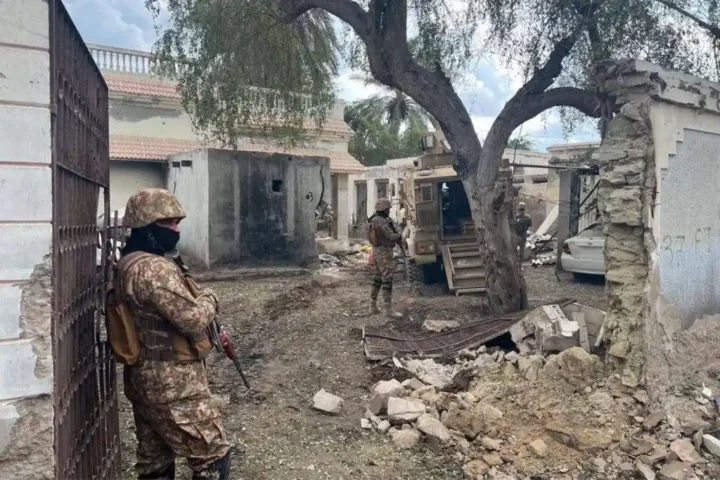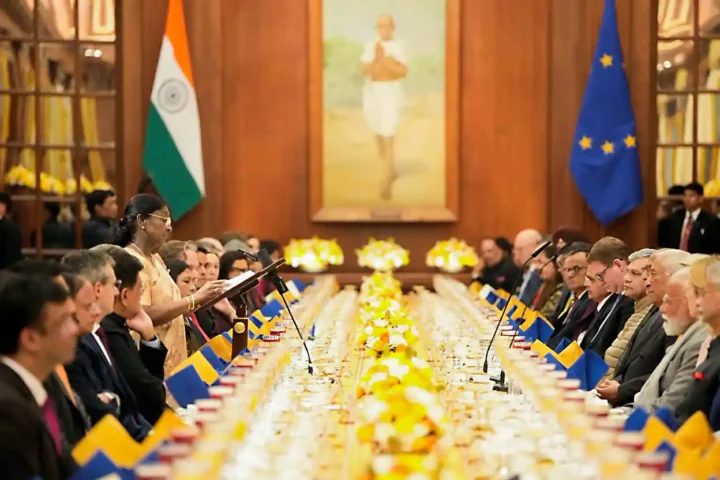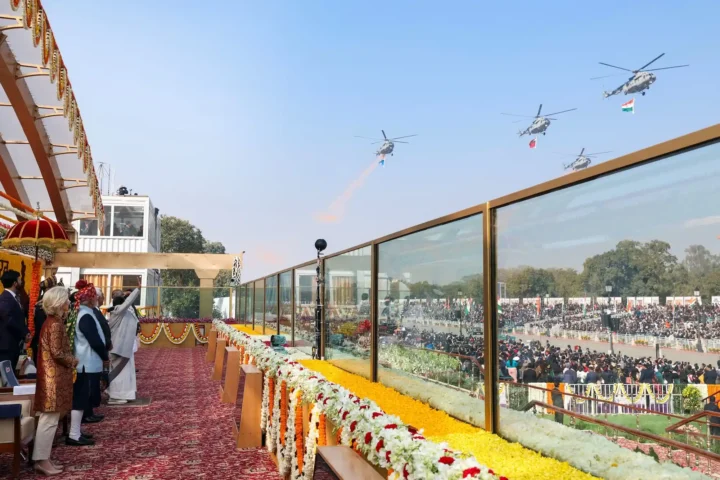Background & Recent Trigger
- Historic Friendship: Once among the world’s friendliest nations, Cambodia and Thailand shared strong diplomatic ties.
- Recent Escalation:
- On May 28, a Cambodian soldier was killed in a clash at the Emerald Triangle (Thailand-Cambodia-Laos border).
- Both sides blame each other for starting the violence.
- Cambodia sent troops and heavy weapons; Thailand reinforced border security.
Tit-for-Tat Measures
- Military & Political Moves:
- Troop build-up, though some withdrawal on June 8 to ease tension.
- Economic & Media Retaliation:
- Thailand threatened to cut electricity & internet to Cambodia; restricted Thai workers from Cambodian casinos.
- Cambodia banned Thai TV/movies, cut cross-border internet, and blocked Thai produce imports (June 17).
- Legal Dispute:
- Cambodia took the case to the International Court of Justice (ICJ).
- Thailand rejected ICJ jurisdiction, insisting on bilateral talks.
Historical Context
- Colonial-Era Borders:
- Borders mapped by French colonizers (1863–1953); 1907 map placed Preah Vihear Temple in Cambodia, disputed by Thailand.
- Past Clashes:
- 1959 & 1962: ICJ ruled temple belongs to Cambodia.
- 2008–2011: Military skirmishes displaced 36,000 people.
- 2013: ICJ reaffirmed Cambodia’s sovereignty over the temple, but surrounding areas remain disputed.
- Joint Boundary Commission (JBC) exists since 2000 but has made little progress.
Political Dynamics
- Leadership Factor:
- Thai PM Paetongtarn Shinawatra vs Cambodian PM Hun Manet—both children of influential leaders (Thaksin Shinawatra & Hun Sen).
- Personal family ties complicate public perception of negotiations.
- Thai Military’s Role:
- Seen as a potential destabilizer; analysts warn border tensions could be used to stoke nationalism or justify a coup, echoing past political upheavals in Thailand.
What’s Next?
- Peaceful Resolution Uncertain: ICJ involvement vs Thailand’s push for bilateral talks prolongs deadlock.
- Risk of Escalation: Nationalist pressures and military posturing could trigger renewed conflict.
- Economic & Social Fallout: Cross-border trade, labor movement, and regional ASEAN stability could be affected.











